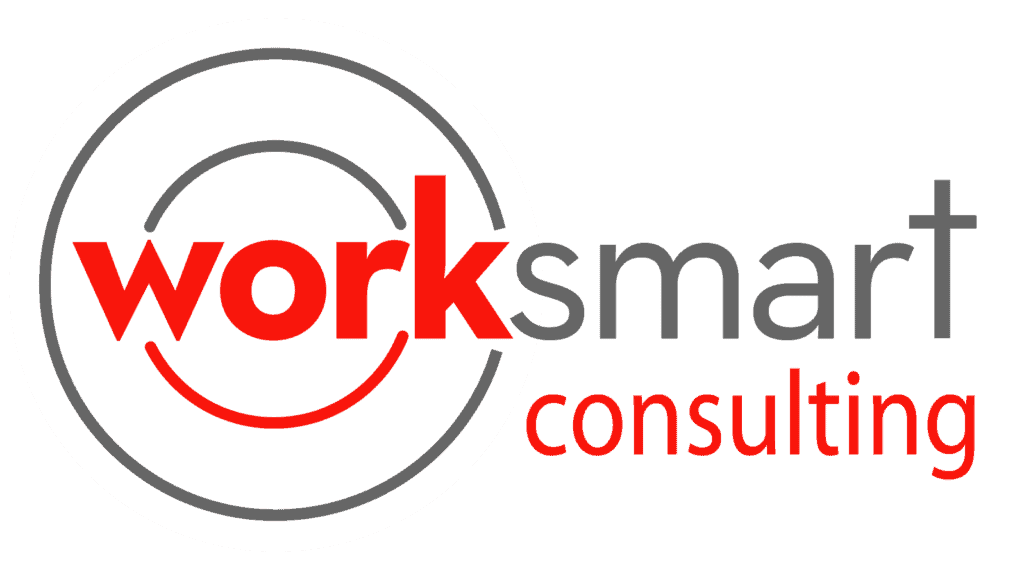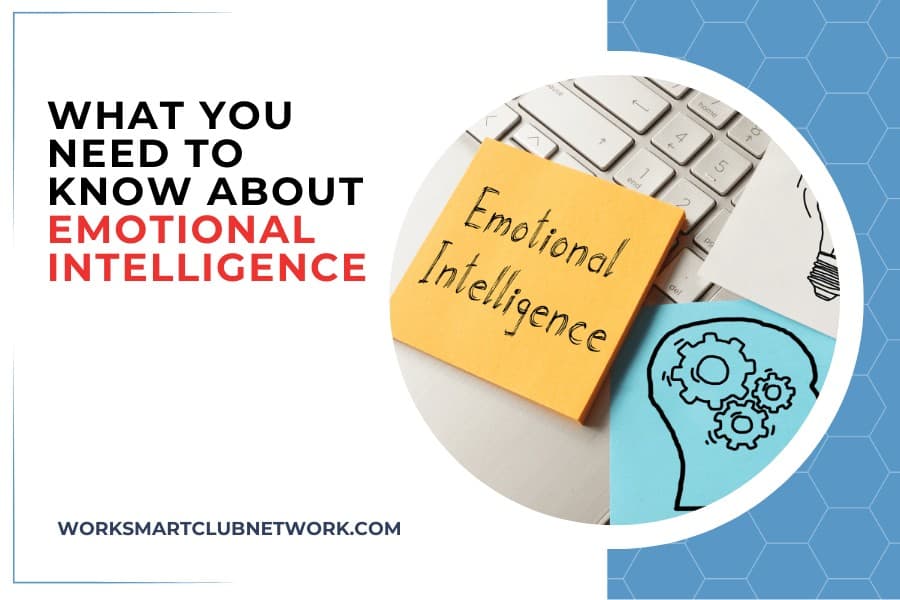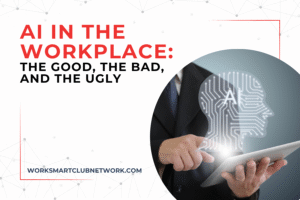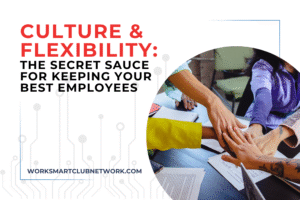Employees with a manager who has a high level of emotional intelligence (EI) are 400% less likely to leave their jobs compared to those with a low EI manager. With emotional intelligence training, recruitment and retention is easier. EI training has been proven to boost business performance in all industries.
This is true for teams of 3 or 300. Teams who developed workplace emotional intelligence noticed an undeniable shift in their success.
This one element (Ei) can be the difference between a successful year and a business’s demise.
So what is this performance-enhancing approach, and how can you use this key element of a successful workplace in your HR efforts? Follow along to discover how EI works and the training you can provide to develop it.
What Is Emotional Intelligence?
Emotional intelligence is a set of skills that includes a person’s ability to recognize and manage their emotions in order to achieve their desired outcome. Individuals who have developed their emotional intelligence tend to be better able to handle everyday stress and foster a greater number of meaningful close relationships.
Each piece of the EI puzzle contributes to the development of a highly effective leader, and enhances relationships at work and at home. In fact, it is believed that EI is the highest determining factor for workplace performance, separating the good teams from the great.
Five key factors make up an individual’s EI:
- Self-motivation
- Self-awareness
- Self-regulation
- Relationship management
- Empathy
Self-motivation is one’s ability to tap into one’s internal drive as opposed to looking to others. In essence, this skill enables managers to reach targets, meet goals, and take on new projects.
Self-awareness refers to the identification of your own emotions. By knowing what is going on with in, you also increase your understanding of what others may be going through. This increases situational awareness, a great perspective for leaders.
Self-regulation refers to one’s ability to manage impulses and emotions. This includes decision-making skills and short and long-term coping.
Relationship management and empathy relate to how you communicate with others. This includes your understanding of other’s emotions and how well you interact with others, especially when under pressure.
Benefits of Workplace Emotional Intelligence
You can see areas where the basic principles of EI can impact your workplace. In fact, you may even be able to identify a few employees who have a higher EI based on the basic principles.
Some individuals may seem like they have a natural talent for social elements and emotional perception.
The truth is Ei is a set of skills that can be learned.
When the skill sets in EI are developed, communication improves; understanding of emotions in the workplace improves job satisfaction. Increased satisfaction translates into greater investment of energy and drive into work; leaders will feel more secure and loyal to the company.
Increased work satisfaction applies to both those with a higher EI and the workers who are managed by a high-EI individual.
Beyond happier employees, you’ll also notice an increase in job performance. Self-awareness, self-regulation, and internal motivation work together, creating leaders and managers better able to solve problems and make good decisions. This makes it easier to deal with the issues and stay focused.
The benefit of empathy and effective communication is the secret to a high-performing business.
Emotional Intelligence Training
Now that you understand the importance of emotional intelligence training, you can develop your plan. To begin, think about how you will measure the effectiveness of your training.
It’s important to note that strengthening EI requires practice, patience and the intention to develop these “soft skills.” The motivation to take the steps needed to make emotional intelligence part of the culture begins with support from the executive leadership team acknowledging the importance of these skills.
Assessment
Part of your training should include an assessment to measure your leadership team’s baseline. Emotional intelligence assessment and training testing will identify your team’s strengths and focus the training.
The emotional intelligence assessment is the core aspect of leadership transformation, equipping individuals to recognize their strengths and areas that need improvement.
Coaching
Once you’ve brought some awareness to EI through testing, it is important to coach your team to continue to practice these skills. Coaching is a process of refining interactions, decisions and problem solving through feedback.
Consider introducing a monthly group coaching meeting designed to focus on current strategic goals. You can use this venue as the place to try out new behaviors, break down interactions that may not have gone the way you hoped and to learn from all interactions.
Team Building
As an HR manager, team building is always on your mind. Ei training is a great platform to use team-building exercises developing the team’s ability to collaborate and problem solve.
Use listening skill drills to encourage self-awareness and relationship management. Introduce exercises that allow teammates to practice empathy for their coworkers.
In team-building drills, you’ll notice who is comfortable interacting and who may resist. It is important to introduce exercises that enable all individuals to be involved and equally heard.
Investing in emotional intelligence training for your leadership team will expand a variety of important leadership skills.
Start Emotional Intelligence Training Today
Now that you know the importance of EI and how it will positively impact the team environment and its success, it’s time to take action. Take these emotional intelligence training tips into your HR efforts. You’ll be set to foster the leadership potential of your team.
Ready to tackle emotional intelligence in the workplace but not sure where to start? Sign up below and we will provide a roadmap to build a better team and get the best possible EI results.






Responses